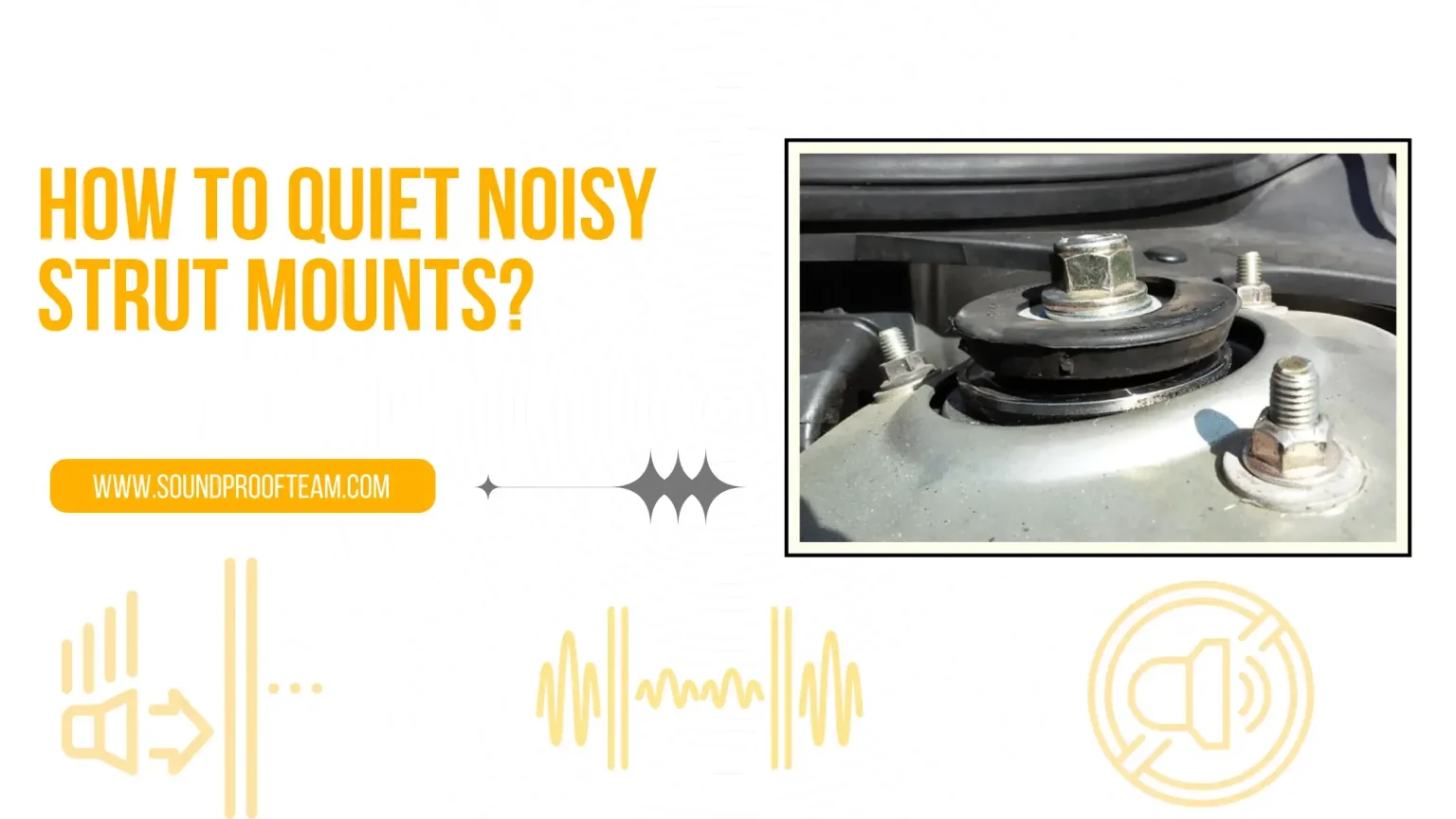If you’ve ever been in the middle of a quiet night, just wandering around outside, and suddenly heard some strange, high-pitched noises.
Don’t worry, it’s probably just bats. While their sound may be unfamiliar to most, studying what bats sound like at night can provide us with an intriguing insight into the mysterious lives of these winged creatures who are so seldom seen during daylight hours.
Join us as we explore how the eerie calls of nocturnal birds make them stand out from other animals and become vital pieces in our nighttime ecologies.
Different bat species produce distinct noises. Some bats create high-pitched chirps, while others make a deep humming sound and still others make a loud shrieking sound.
Bats produce sounds for several reasons. Some bats communicate through sound, while others utilize it to navigate in the dark. Bat sonar (or echolocation) is extremely complex, allowing bats to precisely locate prey or obstacles in their environment.
Bats can assess the size, form, and location of objects around them by making high-pitched noises and listening to the echoes that rebound back. This explains why they are so quiet during the day; they don’t need sound because they can see.
When bats mate, they create a lot of noise. Male bats will frequently vocalize in order to attract a partner and establish their territory.
Why Do Bats Make Noise at Night?
Most people think of bats as nocturnal creatures that help the environment. If you’ve ever gone out at night and heard unusual squeaking sounds above you, it’s most likely bats flying in the air.
Here’s why bats are so raucous in the evening.
Bats, like any other nocturnal creature that spends most of its time foraging for food at night, are champions of sleeping all day.
Their most active hours are at night when the sun goes down when they awaken and begin seeking for something to eat. Bats are remarkable in their capacity to use echolocation noises to identify insects flying in the air. These are piercing chirps and squeaks that will ricochet off anything in their path.
What’s more, these high-pitched sounds ricochet off of anything in front of them and are picked up by their huge ears. This helps a bat to concentrate on how big the prey is and where it’s heading. A bat will fly right into the path of a little insect to grab it, which predicts most of its movement.
Because they have poor vision, echolocation is also utilized to locate other bats. To establish whether they’re approaching a male or female bat, they’ll make a variety of screeches, chirps, or song-like noises.
These noises are also quite noticeable when two ladies or two guys are conversing. We can’t hear the high frequencies that bats use most of the time, thus we only hear sounds about 20 Hz. This is why people are perplexed by bat sounds since humans cannot hear the whole range of noises that bats make.
Are There Any Ways to Stop Bats from Making Noise at Night or Drive Them Away from Your Home?
Yes, there are ways to deter bats from making noise at night or to encourage them to leave your home. It’s important to note that bats are protected in many regions due to their ecological significance, as they play a crucial role in controlling insect populations. Here are some strategies you can consider:
Exclusion:
Prevent bats from entering your home by sealing all entry points. Bats can fit through small openings, so make sure to seal any cracks, gaps, or holes in your home’s exterior. Use materials like caulk, mesh, or weather stripping to seal openings.
Bat Houses:
Install bat houses in your yard to provide an alternative roosting place for bats. This can help encourage them to relocate from your home to a more suitable location.
Lights And Noise:
Bats are sensitive to light and noise. Installing bright lights or playing loud noises near their roosting area during their active hours (nighttime) can encourage them to move elsewhere. However, be cautious about using bright lights as they can disturb neighbors and other wildlife.
Professional Assistance:
Consider hiring a wildlife professional who specializes in humane bat removal and exclusion techniques. They can help you safely identify entry points, remove bats, and seal off access points.
Timing:
If bats have roosted in your home during their maternity season, it’s best to wait until the young bats are able to fly before sealing entrances. This ensures that no bats get trapped inside.
Odor Repellents:
Some people claim that using strong odors, like mothballs or ammonia-soaked rags, can repel bats. However, these methods are not always effective and can also be harmful to humans and other animals.
If you’re unsure about the best approach, it’s advisable to seek guidance from wildlife experts or local authorities who can provide you with proper advice tailored to your situation.
Conclusion:
Through this exploration of what bats sound like at night, we’ve discovered that these creatures tend to make either high-pitched squeaking sounds or low-hander clicks depending on the species of bat. Their volume level varies from very quiet to loud and can even be heard up to a mile away.
Bats are an important part of the natural world and their echolocation calls are integral in how they communicate with one another. By understanding more about them and how they interact with their natural environment we can begin coexisting peacefully with these incredible creatures so that we may both continue thriving in this world for many years to come!






